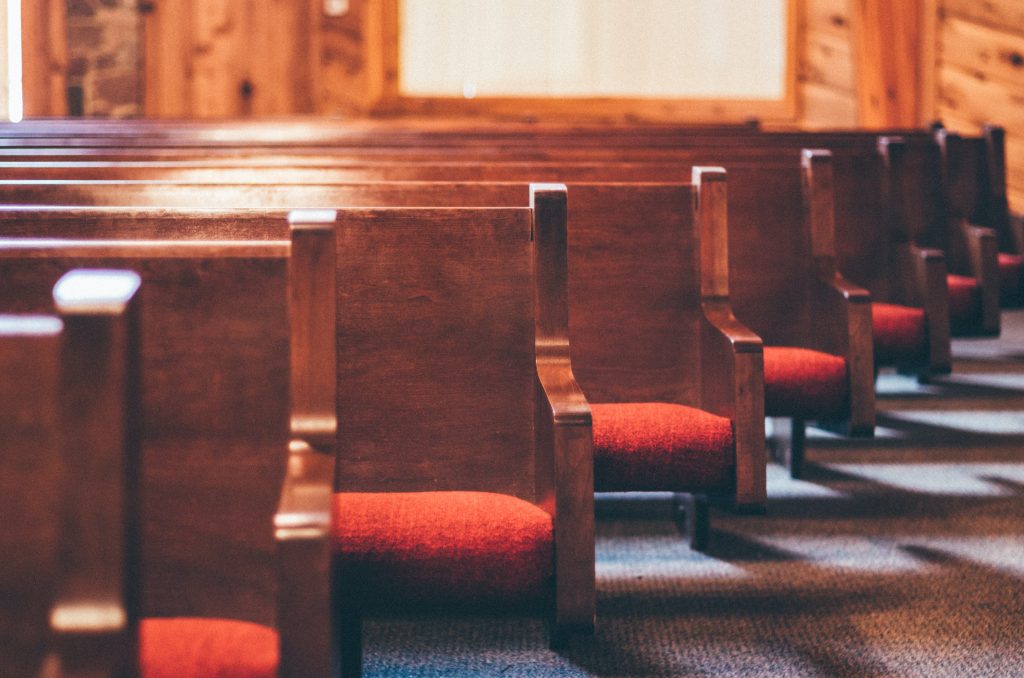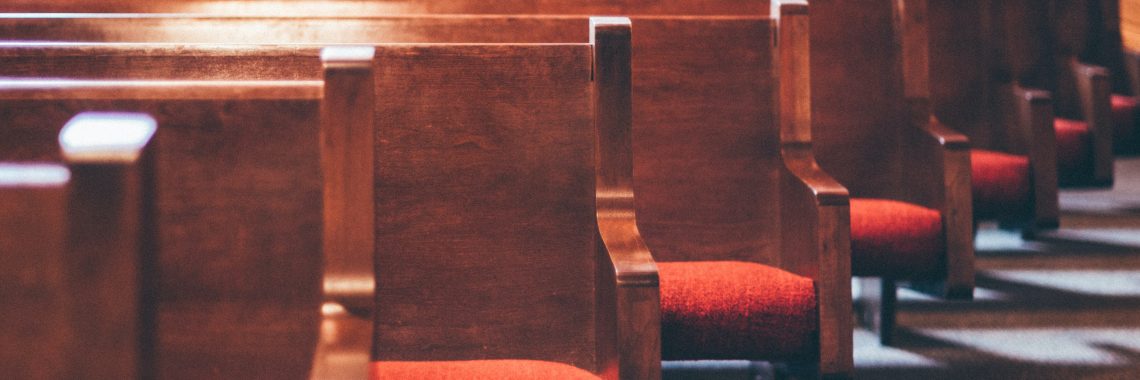Politics on Sunday Morning: Guest Column

Talk to the average critic of the evangelical church—perhaps someone who has “deconstructed” and now resents their religious upbringing—and one of the first complaints they have is that Christians are too political. Especially since 2016, it has become common to smear conservative Christians for being more interested in “making America great again” than in making disciples.
This perception of evangelicals (that their churches are too political) is so strong that sociologist Christian Smith cited it in his recent book, Why Religion Went Obsolete as one of the main reasons for the long-term decline in church attendance.
Here’s the irony: Evangelical churches aren’t in fact that political by the typical definition of the term, nor do their members want them to be. That public perception is basically a myth.
Summarizing several recent and large surveys, statistician Ryan Burge showed that “very few houses of worship are talking about political issues on a regular basis,” and even the recognizable pastors on social media doing a lot of culture warring are “outliers.”
In its 2022 Health of Congregations Survey, the Public Religion Research Institute asked regular church attenders how often their pastors talk about a variety of issues. 90% said their clergy never or rarely talk about election or voter fraud. 92% said their churches never or rarely talk about President Trump. Only 9% said their clergy often bring up abortion, while 58% said the topic never or rarely comes up.
The most frequently discussed “political” topics across all congregations were poverty and inequality, with 66% saying their churches sometimes or often bring up these subjects. But that could just be from reading the Gospels!
Looking specifically at evangelicals, the popular wisdom that they idolize politics doesn’t hold up. Only 9% said that their church is more divided by politics today than it was five years ago—lower than the number of non-evangelicals and Catholics who saw such division in their churches. And just 14% of evangelicals agreed with the statement, “I wish my church talked more about political division in this country,” compared with 86% who disagreed.
Far from rallying their political tribe, most evangelicals appear to prefer their pastor stick with preaching the word of God. Burge remarked:
I get the very clear sense from this data that any pastor who chooses to speak up about political division in the United States is going to anger a whole lot of their flock. … You just don’t see a lot of church going folks who are keen on their pastor talking about what is going on in the world of politics, just the opposite.
When compared with surveys of how the unchurched perceive Christians, the disconnect is glaring. It turns out quite a few non-churchgoing Americans have no idea what goes on inside churches. As Burge concluded:
Doing a lot of public-facing work on religion has taught me that a significant number of people who aren’t religious or don’t attend church on a regular basis have a misperception about what happens on a Sunday morning. The vast majority of pastors aren’t talking about politics on a regular basis.
This raises a couple of interesting questions. Should we be talking more about politics from the pulpit? And if so, what qualifies as “politics”?
As I said recently on Breakpoint, there’s a clear difference between pastors commenting on foreign policy and being willing to oppose the killing of unborn babies. One is nuanced and requires great expertise while the other is a very clear-cut moral issue. Not all issues that get labeled “political” are created equal.
But on a deeper level, maybe we should rethink what counts as “political.” In the sense that loving our neighbors, exercising dominion over God’s world, and stewarding our citizenship are earthly duties of Christians, Christianity could be called deeply and unavoidably “political.”
Without ever bringing up candidates, debating elections, or drawing up tribal battle lines, pastors and teachers who do their job by telling the whole story of redemption are saying a few things in no uncertain terms: that Christ is sovereign over all of human existence, that this world and the way we choose to live in it matter to Him, and that He intends His gospel and its effects to permeate society, culture, and government. That sounds political, by any reasonable definition.
None of this means evangelicals who answered this survey are wrong for wanting to focus on the Word of God, or that we should spend every Sunday culture-warring and discussing the latest headlines. Far from it! What it does mean is that Christianity has unavoidable implications for the here and now, and that even as we keep the main thing the main thing in our churches, we should never forget that our worship has implications beyond them. Otherwise, we’ll be just as mistaken as those who say we worship politics.
Copyright 2025 by the Colson Center for Christian Worldview. Reprinted from BreakPoint.org with permission.




